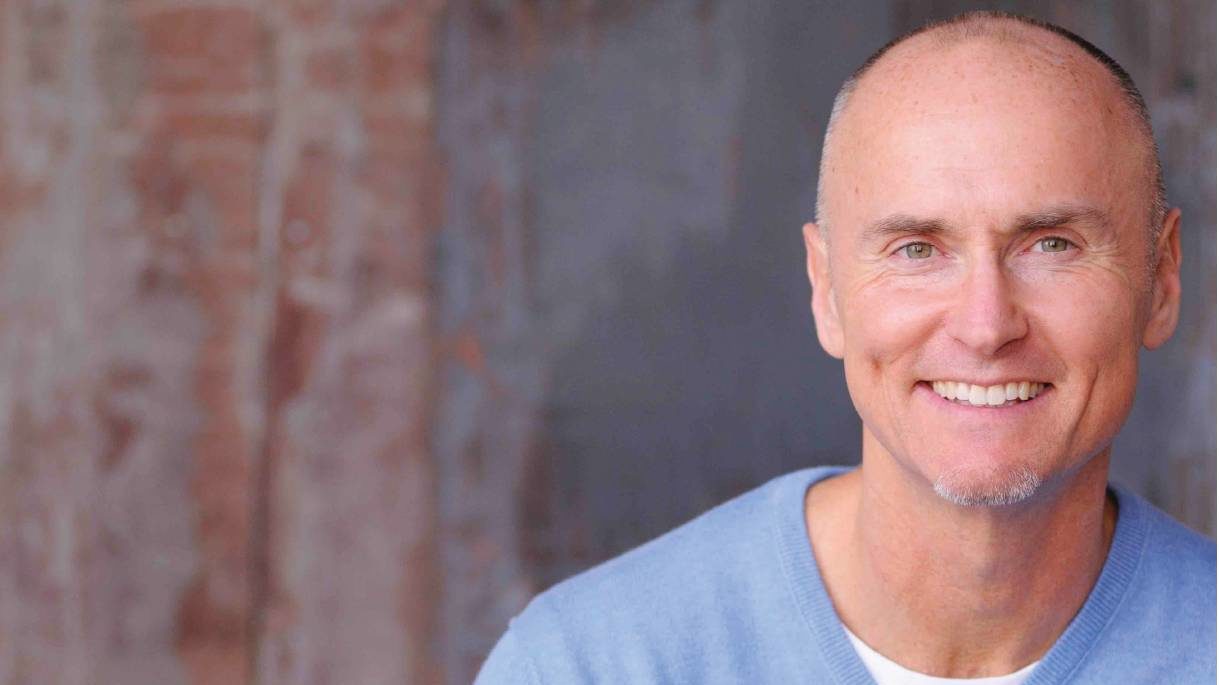
After selling a boutique hospitality company in his 50s, many would have retired. Chip Conley mentored Airbnb CEO Brian Chesky instead — learning plenty from his younger colleagues.
Roaming the halls of Airbnb, Chip Conley felt like an intern. His new co-workers were smart and driven, and Conley learned every day.
But he was no intern. Already in his 50s, Conley sold his boutique hotel company Joie de Vivre Hospitality for a handsome sum. A hospitality veteran, Conley began mentoring Airbnb CEO, Brian Chesky. Conley’s lack of ego and innate curiosity around the office led his younger co-workers to give him a nickname — the modern elder.
He took it as a compliment.
“When I joined Airbnb, the average age was 26, and my boss was 21 years younger than me,” he recalled. “I had to ask a lot of questions and be open to learning a lot. I mentored 100 employees, including Brian — but they were often mutual mentorships. I was learning as much from them as they were learning from me.”
Conley’s Airbnb experience led him to examine the typical life path. Why retire when you can rewire? Why slow down when life expectancies are longer than ever?
With more time to teach — and learn — there’s plenty to gain after midlife. Conley wrote Wisdom@Work: The Making of a Modern Elder and opened the Modern Elder Academy in Baja Surf, Mexico. Conley shared a roadmap to make the most of midlife and beyond during a recent LIVE@LIFT discussion with Danielle Cohn, Vice President of Startup Engagement at Comcast and Head of LIFT Labs.
Here are five takeaways from his talk:
1) Be resilient
While the travel industry suffered in 2020, Airbnb went public in a stunning IPO that now values the company price above $100 billion — more than Marriott or Hilton combined. The key to success is resilience. When the pandemic took hold, people stopped traveling — but Airbnb soon became the travel brand of choice for travelers wary of risk at large hotels.
The company’s resilience is due in part to the founder’s frame of mind.
“A growth mindset is not focused on proving yourself; it’s focused on improving yourself,” said Conley. “You shouldn’t focus on winning. Focus on learning. Brian Chesky created a company based on a growth mindset that’s always improving and learning. That had a big impact on how the company culture grew, and also how we got through 2020.”
2) Startups should keep age diversity in mind
When startups make a diversity push, they typically think about race or gender. They’d be smart to focus on age diversity, too, because it adds valuable experience and wisdom to the ranks.
“A young brain is focused, and that’s exceptional. An older brain tends to be more systematic and holistic in its thinking. It connects the dots,” he said.
3) If you’re going to disrupt an industry, do it hospitably
In the early days of Airbnb, Conley helped coordinate a meeting with the CEOs of Marriott, Hilton, Hyatt, and Starwood, hoping each group could learn from one another. Yes, they were competitors, but the door was open to cooperation and collaboration.
4) Strong branding works wonders
People love Airbnb. The mission of democratizing hospitality makes travel experiences unique. Before Airbnb, cooking a meal in a foreign country and experiencing an offbeat neighborhood was not expected. Neither was making extra income renting your home to strangers.
“You can make an argument that Airbnb is the strongest brand in the travel industry. You don’t see people walking down the street with a Hilton logo on their T-shirt — but you do see the Airbnb logo popping up on people’s hats and T-shirts because they think the brand adds some value,” said Conley. “The company has become a lifestyle curator in certain ways.”
5) Stay curious at every stage of life
Startup leaders and mentors often talk about innovation, but that comes with being curious about life. We usually wean ourselves off curiosity in adulthood because our lives get too complicated, and there’s no time or space for curiosity. That’s a mistake, said Conley.
“Curiosity is the elixir of life,” he said. “If you get it right, it’s the lubricant for your heart, soul, and brain. It is the fuel behind creativity and innovation. Curiosity requires a certain willingness to look dumb and have a beginner’s mind — but it can help any leader learn about their business and find blind spots.”
![]()
To read more inspiring startup stories and to stay connected to Comcast NBCUniversal LIFT Labs, sign up for our newsletter and follow us on Twitter.
